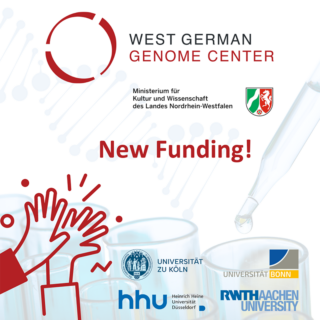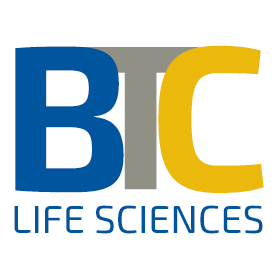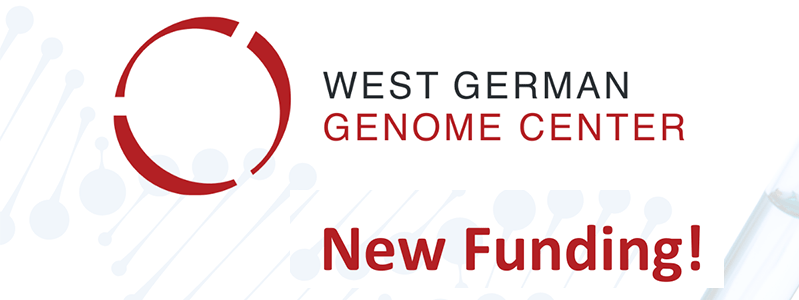State promotes center for genome sequencing in North Rhine-Westphalia: Research for better prevention, diagnosis, and treatment
The analysis of the human genome opens up completely new possibilities for diagnosis, treatment, and therapy for patients. With the help of genome sequencing, scientists are increasingly understanding the impact of genetic changes on a person’s health or illness.
This was the reason why the West German Genome Center (WGGC) was founded in 2019 as a joint competence center for state-of-the-art genome sequencing between the Universität zu Köln, the Rheinische Friedrich-Wilhelms-Universität Bonn and the Heinrich-Heine-Universität Düsseldorf while also working closely with other partners such as the Deutsches Zentrum für Neurodegenerative Erkrankungen (DZNE) in Bonn. This competence center is now being expanded to include the RWTH Aachen University.
The West German Genome Center (WGGC) will be funded in 2024 and 2025 by the Ministerium für Kultur und Wissenschaft des Landes Nordrhein-Westfalen to support the further long-term development of the WGGC.

Minister of Science Ina Brandes: “Genome sequencing can be one of the keys to successfully treating previously incurable diseases. The West German Genome Center, with scientists from Bonn, Düsseldorf, Cologne, and now Aachen, has gained an international reputation for adapting therapy options to the individual needs of patients through genetic analysis. This project shows that the scientific location of North Rhine-Westphalia is particularly successful when scientists from different universities combine their expertise and work together on a project. I am sure that this will enable us to use cutting-edge research ‘made in NRW’ for the benefit of people.”
“The further funding enables research that directly benefits society,” says Professor Dr. Michael Nothnagel, head of the Cologne Center for Genomics at the University of Cologne and spokesperson for the WGGC and the Cologne location. “An outstanding example was the very rapid response to the challenges at the beginning of the Covid pandemic. Based on the WGGC and its infrastructure, a research program was initiated in a very short time that involved many other scientists, both within and outside the WGGC, and led to a better understanding of the disease, its epidemiology, and therapeutic measures,” adds Professor Schultze, head of the Research Department of Systems Medicine at the German Center for Neurodegenerative Diseases and spokesperson for the WGGC in Bonn.
The WGGC enables genome sequencing in medicine and life sciences (such as biology, chemistry, biochemistry, and bioinformatics) at an international top level. The data obtained are used in aging and cancer research, research on neurodegenerative and inflammatory diseases, virological research, biodiversity research, and plant breeding. The WGGC works closely with the German Center for Neurodegenerative Diseases (DZNE) e.V.
Some Background: The WGGC was founded in 2019 and has been funded on a time-limited basis by the German Research Foundation. The center is now among the world leaders in genome research. So far, over 50,000 samples have been sequenced by the WGGC. These samples come from humans and dozens of animal and plant species, as well as many bacteria, prokaryotes, and viruses. The two-year funding from the state of North Rhine-Westphalia aims to consolidate the strong position of the WGGC and develop a long-term perspective.
Spokespersons at the individual locations:
Professor Dr. Michael Nothnagel, head of the Cologne Center for Genomics at the University of Cologne and spokesperson for the WGGC and the Cologne location.
Professor Dr. Joachim L. Schultze, head of the Research Department of Systems Medicine at the German Center for Neurodegenerative Diseases and spokesperson for the WGGC in Bonn.
Professor Dr. Dagmar Wieczorek, head of the Institute of Human Genetics at the University Hospital Düsseldorf and spokesperson for the WGGC in Düsseldorf.
Professor Dr. Ingo Kurth, head of the Institute of Human Genetics and Genomic Medicine at the University Hospital RWTH Aachen and spokesperson for the WGGC location in Aachen.
Sources: Ministerium für Kultur und Wissenschaft des Landes Nordrhein-Westfalen






